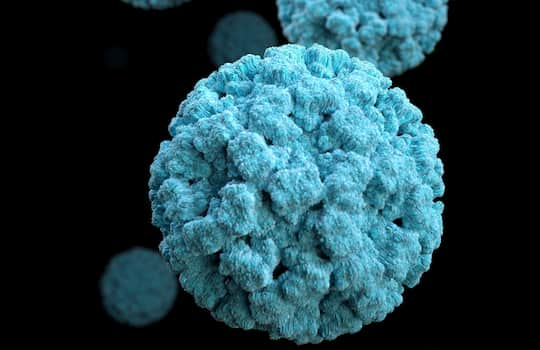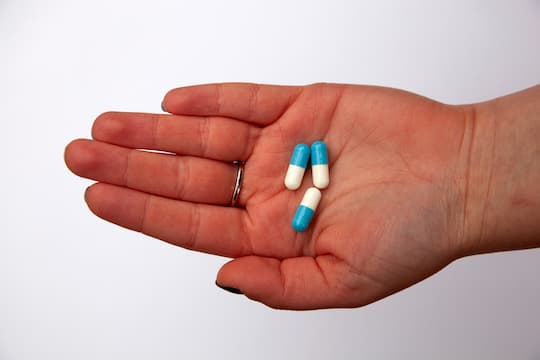People with this habit are four times more likely to die from COVID.
Walking slowly is a warning sign of contracting severe COVID-19 and is linked to a higher risk of death, a study has found.
Slow walkers are twice as likely to develop a severe coronavirus infection and four times more likely to die from it.
For the study, researchers from Leicester University collected data from more than 400,000 middle-aged UK adults.
They wanted to find out if body mass index (BMI) and walking pace have any effect on contracting a severe infection and death from COVID.
The results showed that people of a normal weight with a slow walking habit were 2.5 times more likely to develop severe COVID and 3.75 times at higher risk of dying from the infection compared to fast walkers.
A walking pace of less than three miles per hour was considered slow, three to four miles per hour as steady or average, and more than four miles per hour as brisk (fast walkers).
People who usually walk fast have greater cardiorespiratory fitness.
Professor Thomas Yates, the study’s first author, said:
“We know already that obesity and frailty are key risk factors for COVID-19 outcomes.
This is the first study to show that slow walkers have a much higher risk of contracting severe COVID-19 outcomes, irrespective of their weight.
With the pandemic continuing to put unprecedented strain on health care services and communities, identifying individuals at greatest risk and taking preventative measures to protect them is crucial.”
Also, the research team found that obese people who walk fast are less likely to develop severe COVID and die than slower walkers with a normal weight.
However, the risk was similarly high in both obese and normal weight slow walkers, suggesting walking pace can be a useful risk predictor.
Professor Yates, said:
“Fast walkers have been shown to generally have good cardiovascular and heart health, making them more resilient to external stressors, including viral infection but this hypothesis has not yet been established for infectious disease.
Whilst large routine database studies have reported the association of obesity and fragility with COVID-19 outcomes, routine clinical databases do not currently have data on measures of physical function or fitness.
It is my view that ongoing public health and research surveillance studies should consider incorporating simple measures of physical fitness such as self-reported walking pace in addition to BMI, as potential risk predictors of COVID-19 outcomes that could ultimately enable better prevention methods that save lives.”
The study was published in the journal International Journal of Obesity (Yates et al., 2021).








